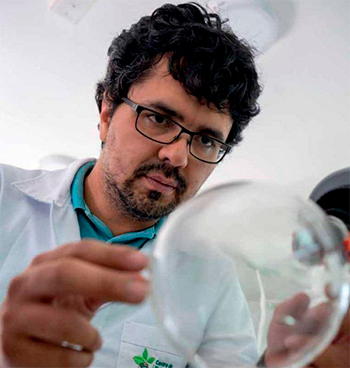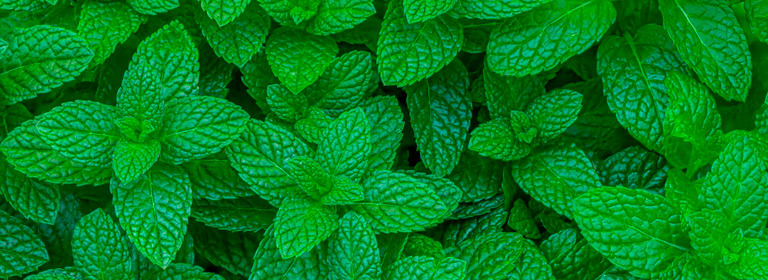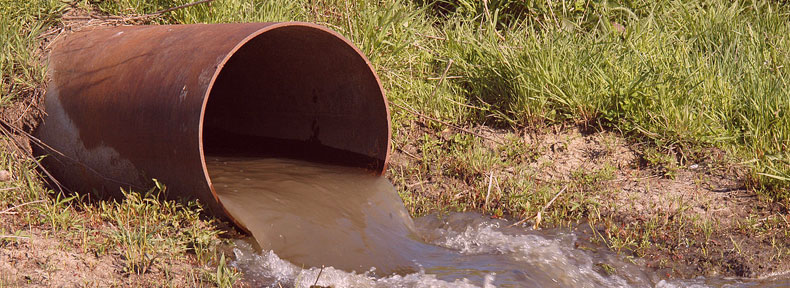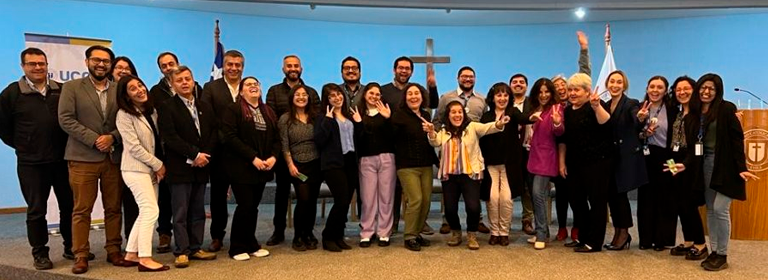Boldo, peumo, mint and rosemary are among the shrubs that would be used in the development of a biodegradable packaging with antimicrobial properties.
 The answers to environmental challenges, as a set of problems that affect the ability to sustain life on the planet, often lie in nature itself. So at least warns the doctor in Applied Sciences, Cristian Valdés, who has been searching for five years for solutions that contribute to sustainability.
The answers to environmental challenges, as a set of problems that affect the ability to sustain life on the planet, often lie in nature itself. So at least warns the doctor in Applied Sciences, Cristian Valdés, who has been searching for five years for solutions that contribute to sustainability.
“My latest projects are in the line of circular economy and consider giving a function to the industrial waste of fruits that there is a lot here and in the region of O’Higgins,” said the academic of the Center for Research and Advanced Studies, CIEAM, belonging to the Catholic University of Maule.
Valdés, author of a biodegradable packaging prototype, is now trying to endow the model with antimicrobial properties. “This is a second aspect of a FIA project I completed this year that developed bioplastic bags with industrial waste. What we want to do is to take that bag and add an essential oil to it, with antimicrobial properties,” he explained about the initiative, which is supported by the Foundation for Agricultural Innovation.
As a good biochemist, Valdés paid attention to the composition of existing plants in Maule, to extract a volatile and light oil.
“In the coating film, one part will come from agro-industrial citrus waste and another from plants such as mint, rosemary, pine, boldo and peumo. We are going to evaluate different mixtures, which, added to the bioplastic generated, will be a kind of double circular economy,” he said.
The greatest use of the packaging, which in turn comes from fruit residues such as grapes and apples, would be the preservation of export foods, which must travel long distances to reach the consumer. “For example, the export of apples or table grapes, which sometimes have to travel by sea for about a month, with many losses. The idea of this packaging is to protect the fruit so that it arrives safely and is also made of a biodegradable material and not conventional plastic,” he added.













